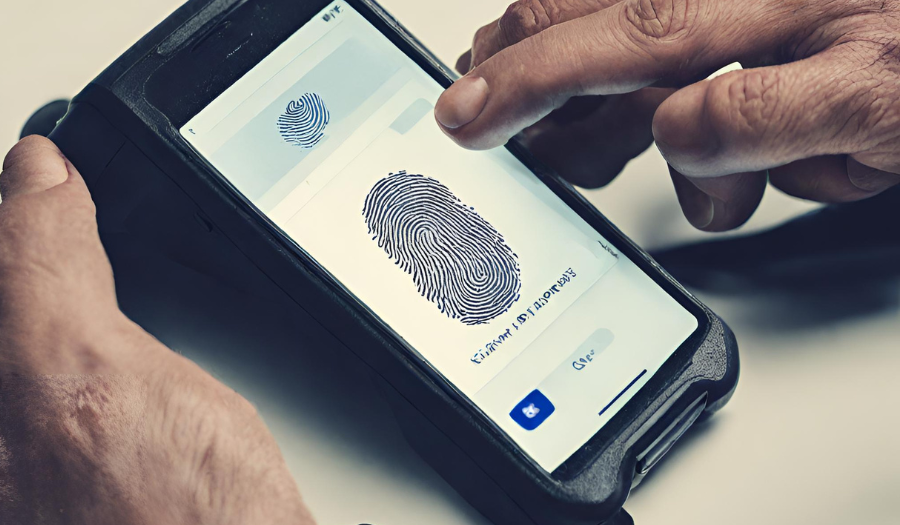In the rapidly evolving landscape of law enforcement, staying ahead of the curve is not just a strategic advantage but a necessity. One of the key pillars supporting modern policing is the integration of advanced police technology, with digital forensics emerging as a crucial component. In this blog post, we will delve into the world of digital forensics, exploring how it empowers law enforcement agencies, enhances investigations, and contributes to a safer society.

The Role of Digital Forensics in Modern Policing:
In the digital age, criminals are not confined to traditional methods. The digital realm has become a breeding ground for illicit activities, ranging from cybercrimes to digital evidence tampering. Digital forensics is the technological shield that law enforcement needs to combat these evolving threats. It involves the extraction, analysis, and preservation of electronic evidence, providing investigators with invaluable insights into criminal activities.
Enhancing Investigations with Cutting-Edge Tools:
Digital forensics tools have come a long way, offering law enforcement agencies a powerful arsenal to navigate the complexities of the digital landscape. From extracting data from smartphones to analysing computer systems, these tools play a pivotal role in uncovering crucial evidence. For police leaders, investing in state-of-the-art digital forensics technology is not just a choice but a strategic imperative.
The Intersection of Artificial Intelligence and Digital Forensics:
Artificial Intelligence (AI) is revolutionising every industry, and law enforcement is no exception. In the realm of digital forensics, AI-powered tools can quickly sift through vast amounts of data, identify patterns, and predict potential leads. Police leaders should consider integrating AI into their digital forensics capabilities to stay ahead of tech-savvy criminals and streamline investigative processes.
Preserving the Chain of Custody in the Digital Age:
Maintaining the integrity of evidence is a cornerstone of any successful prosecution. In the digital age, ensuring the chain of custody for electronic evidence presents unique challenges. Advanced digital forensics solutions not only extract information but also provide a robust framework for preserving the chain of custody. Police leaders should prioritise implementing systems that guarantee the admissibility of digital evidence in court.
Collaboration and Training: Key Pillars for Success:
Implementing digital forensics technology is not a standalone solution; it requires a holistic approach. Collaboration between law enforcement agencies, private cybersecurity firms, and technology experts is essential to stay ahead of emerging threats. Furthermore, investing in continuous training for law enforcement personnel ensures that they are adept at utilising the latest tools and techniques effectively.
Addressing Privacy Concerns in Digital Forensics:
As police technology advances, so does the need for a robust framework to address privacy concerns. Digital forensics, by its nature, involves accessing private electronic information. Police leaders must prioritise implementing transparent policies and procedures that balance the need for information with respect for individual privacy rights. Striking this balance is critical to maintaining public trust and ensuring ethical investigative practices.
In the digital era, law enforcement agencies cannot afford to overlook the significance of digital forensics in their arsenal of police technology. As crime becomes more sophisticated, so must our investigative tools. By embracing cutting-edge digital forensics solutions, collaborating with experts, and prioritising ongoing training, police leaders can ensure their agencies are well-equipped to tackle the challenges of the modern age. The digital frontier may be vast and complex, but with the right tools and strategies, law enforcement can navigate it successfully, ensuring a safer and more secure society for all.
Join us for Modernising Criminal Justice 2024 on the 6th of June at the QEII Conference Centre in London. The event brings together the complete justice system, from arrest through to release.

Evelyn Woodland
Experienced Marketing Manager with a history of working in the events industry. Marketing professional with a Bachelor of Arts (BA) in Communication from Simon Fraser University.



-3.png?width=80&height=80&name=Untitled%20design%20(64)-3.png)
